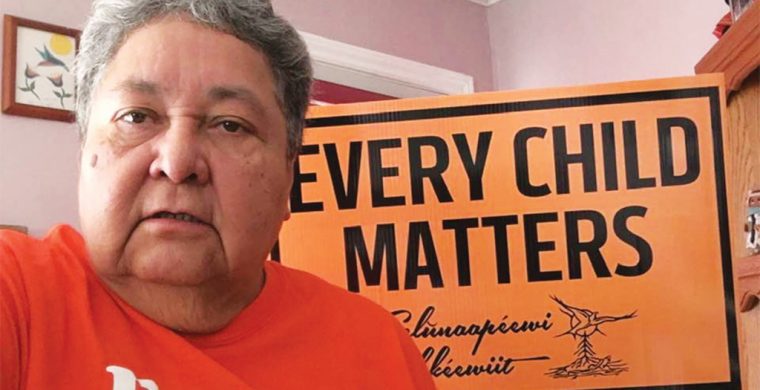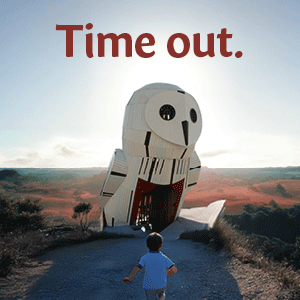By Victoria Gray Writer The Delaware Nation at Moraviantown has fared pretty well through the COVID-19 pandemic and Chief Denise Stonefish believes some of that fortune came from a piece of advice her mother imparted many times. “My mother always says, ‘don’t stress over things you can’t change. It’s probably one of the reasons I took COVID-19 so well,” she said. Stonefish is in the first year of her third term as chief of the community and she served as the deputy chief and in other capacities at the Association of Iroquois and Allied Indians, while also serving as a councillor since 1998. She said the knowledge she gained advocating for her home nations and with the AIAI gave her the know how to kick COVID-19 safety measures into gear…
Meet the Chiefs: Delaware Nation/EELÜNAAPÉEWI LAHKÉEWIIT Chief Denise Stonefish: 90% of community vaccinated










